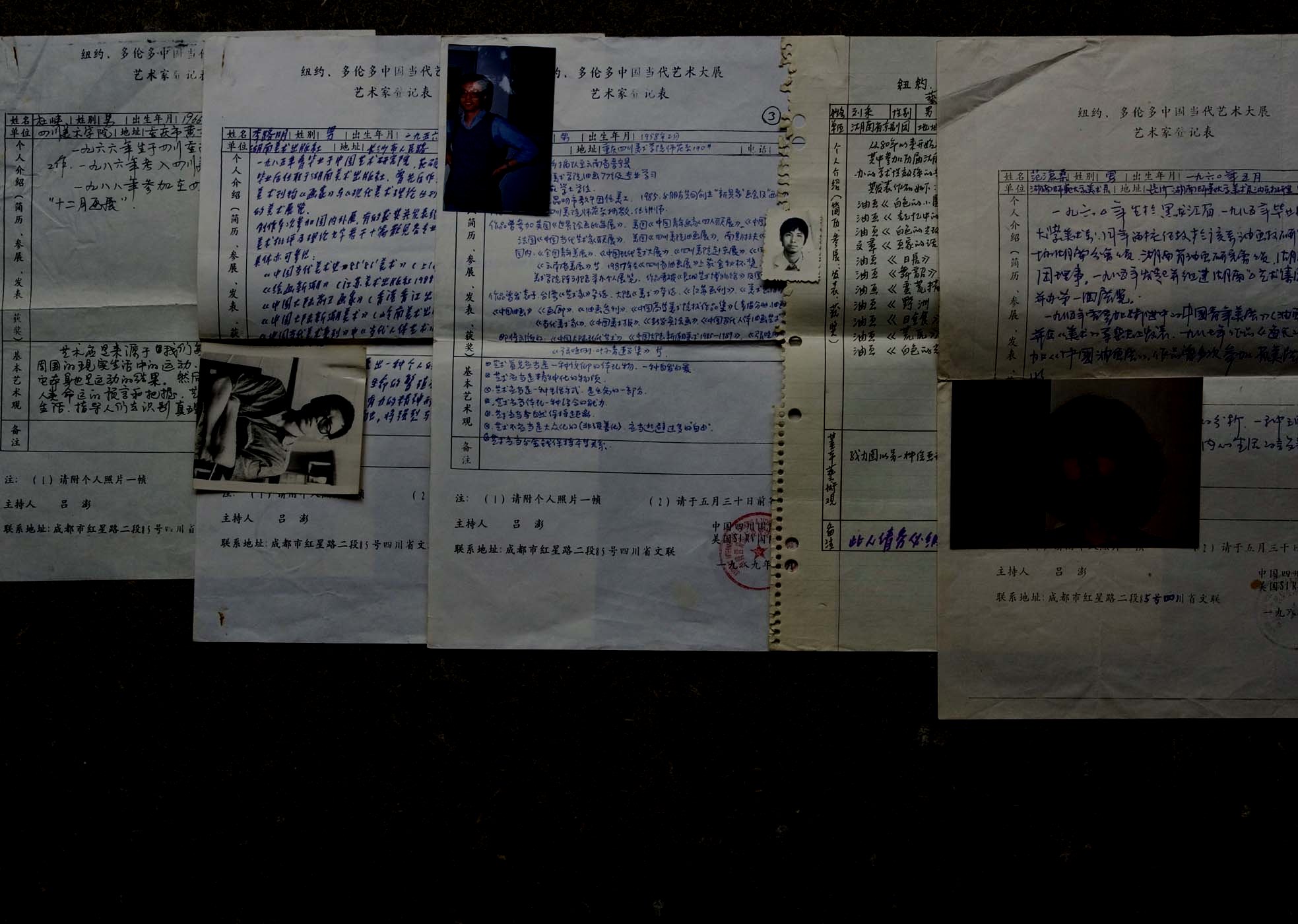Tang Qingnian 2011-07-15
Chaoyang
Beijing

“I hadn’t been there very long when the editor said, ‘I have a task for you. From your perspective, the perspective of a young person, what do you think deserves to be covered?’ I was excited and thought that this was something I could easily do. I remember presenting 10 or 12 possible topics. I don’t remember the exact subjects, but the general idea was to follow the emerging movement of contemporary art. It wasn’t about highlighting specific artists, but to pay attention to the broader trends–what people were thinking about, and the intellectual framework behind the artists. The experiential and intellectual foundation of young artists was very different from older artists; we wanted to know how their experiences were shaping their artistic practice.
I was part of this younger generation, so I immediately thought of these issues when I was asked. I think the senior editors were very aware of the conceptual shift taking place, and thought that it deserved attention. Before we decided what exactly we were going to cover, everyone agreed that the direction was right. No-one raised any objections. So, from that point onwards, Meishu started to pay greater attention to the burgeoning contemporary art movement.”
Biography:
Tang Qingnian (b.1956, Beijing) is an artist and art critic based in Los Angeles, in the United States.
Tang Qingnian graduated in 1984 from the Central Academy of Arts and Crafts in Beijing. He subsequently became an editor of Meishu magazine, where he reported and commented on the New Wave art phenomenon that was emerging in the mid-1980s. By 1989, Tang became the Deputy Director of Meishu’s Editorial Department and was also a member of the organizing committee of the seminal ‘China/Avant-Garde Exhibition’.
In 1991, Tang played a role in organizing the exhibition ‘I Don't Want to Play Cards With Cezanne' and Other Works: Selections from the Chinese 'New Wave' and 'Avant-Garde' Art of the Eighties’ at the Pacific Asia Museum, Pasedena, California. In the same year, he moved to the United States. Tang continues to live and work in Los Angeles.

















